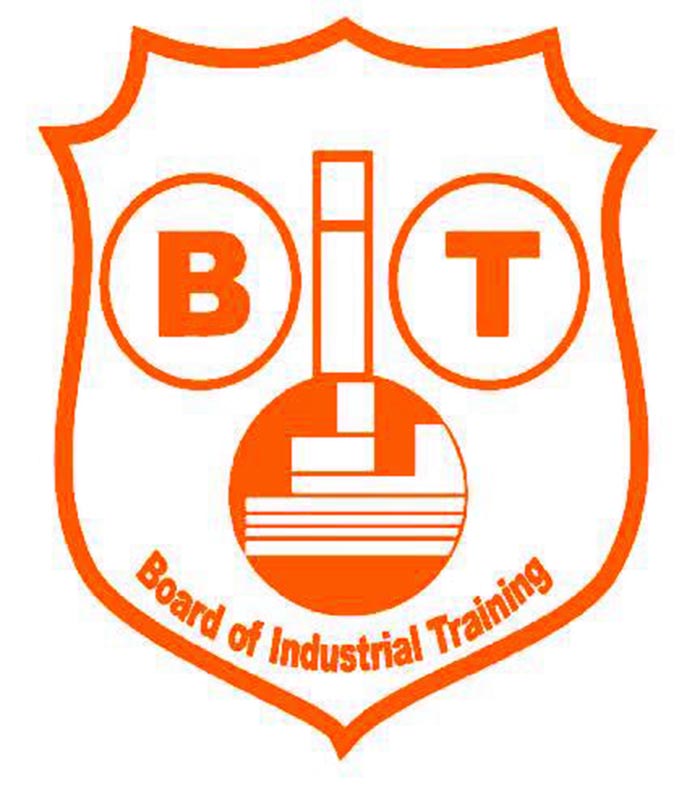Guyana may be riding high on the ‘feel good’ fallout from the swift transition from oil discovery to beginning to realize significant income from its now celebrated oil and gas industry, though, arguably not too far down the road, the ‘chickens’ associated with the country’s limited preparedness to effectively sustain one of the world’s most demanding economic sectors could come home to ‘roost’ to telling effect.
 This would appear to be the view of a recent report from the International Labour Organization titled “Prospective occupational skills needs in the Guyanese oil and gas industry, 2022-2026”, which states that upwards of 60 per cent of the technical skills required to keep pace with the needs of the sector are not available locally and, more worryingly, that those skills are simply not being delivered by the country’s education sector in its present state. It is an observation that has been the subject of constant ‘chatter’ at the level of various state and private sectors though the open acknowledgement of the challenge has not, up to this time, met with anything even remotely resembling an adequate response. The simple fact is that the relatively sudden advent of an oil and gas sector has simply over-run the capabilities of an altogeter unprepared poor country. Not that the issue has not been the subject of active contemplation here. Discourse, however, has centred largely on the extent to which a decidedly underequipped state education system, at the technical and university levels and a handful of private institutions that have emerged overnight, can effectively address the problem. In stressing that the country is simply not churning out graduates in the range of disciplines required by what is now a very much ‘up and running’ oil and gas sector, the ILO report is pointing to the considerable likelihood that the deficiencies of an inherently inadequately equipped education system is likely to create a condition in which many of the more technical and lucrative on-shore jobs in the sector will almost certainly be held by expatriates. A senior University of Guyana functionary told the Stabroek Business recently that the chances that the country’s only university will become adequately equipped to provide even some of the training necessary to have jobs in the sector filled by home-trained Guyanese are “close to zero.” The ILO report states that while the accelerated expansion of the oil and gas operations in the Stabroek Block have caused Guyana to be labelled “the fastest growing economy in the world,” that title was at odds with the weaknesses in its labour force. The ILO contends that “accelerated expansion of the oil and gas operations has exposed a pronounced gap between the industry labour demand and the availability of skilled workers at the local level. If not addressed, the latter will likely slow down the growth of the sector and of the whole economy or, at the very least, generate inefficiencies …”
This would appear to be the view of a recent report from the International Labour Organization titled “Prospective occupational skills needs in the Guyanese oil and gas industry, 2022-2026”, which states that upwards of 60 per cent of the technical skills required to keep pace with the needs of the sector are not available locally and, more worryingly, that those skills are simply not being delivered by the country’s education sector in its present state. It is an observation that has been the subject of constant ‘chatter’ at the level of various state and private sectors though the open acknowledgement of the challenge has not, up to this time, met with anything even remotely resembling an adequate response. The simple fact is that the relatively sudden advent of an oil and gas sector has simply over-run the capabilities of an altogeter unprepared poor country. Not that the issue has not been the subject of active contemplation here. Discourse, however, has centred largely on the extent to which a decidedly underequipped state education system, at the technical and university levels and a handful of private institutions that have emerged overnight, can effectively address the problem. In stressing that the country is simply not churning out graduates in the range of disciplines required by what is now a very much ‘up and running’ oil and gas sector, the ILO report is pointing to the considerable likelihood that the deficiencies of an inherently inadequately equipped education system is likely to create a condition in which many of the more technical and lucrative on-shore jobs in the sector will almost certainly be held by expatriates. A senior University of Guyana functionary told the Stabroek Business recently that the chances that the country’s only university will become adequately equipped to provide even some of the training necessary to have jobs in the sector filled by home-trained Guyanese are “close to zero.” The ILO report states that while the accelerated expansion of the oil and gas operations in the Stabroek Block have caused Guyana to be labelled “the fastest growing economy in the world,” that title was at odds with the weaknesses in its labour force. The ILO contends that “accelerated expansion of the oil and gas operations has exposed a pronounced gap between the industry labour demand and the availability of skilled workers at the local level. If not addressed, the latter will likely slow down the growth of the sector and of the whole economy or, at the very least, generate inefficiencies …”
The report is recommending a collaborative public/private sector arrangement to pursue traineeship undertakings that will at least help to address the needs of the industry for experienced workers.
The ILO is also recommending the development of public-private partnerships for skills development, which, it says is necessary to “develop cooperation mechanisms between employers, government, workers’ representatives and academia, through which it is possible to structure continuous spaces for dialogue for curriculum development and promote technological development and research.” Critically, the report also recommends the creation of incentives that can attract suitably qualified and skilled workers from abroad and for Guyanese graduates to stay and offer their services in Guyana. Enticing return policies targeting the diaspora may also be considered as incentives designed to repatriate skilled overseas-based Guyanese. Meanwhile, the ILO is also positing as one of its key recommendations, the aggressive promotion of women in science, technology, engineering, and mathematics (STEM) career paths. It contends that an increase in women’s graduation in STEM studies, at both higher education and vocational training levels, could directly address closing some of the technical gaps in the industry. Initiatives designed to enable collaboration between ExxonMobil, the ‘lead player’ in the country’s oil recovery pursuits and the Guyana National Training Centre would appear to signal government’s acknowledgement of the need to shore up local skills capacity in order to help meet the needs of the sector. This collaborative initiative is reportedly designed to deliver training and certification to Guyanese in skills that include electrical, mechanical, instrumentation, and process operations which are considered to be important support skills for the running of the oil and gas industry.
Other local training institutions including the Board of Industrial Training have also partnered with the oil-recovery support entity, the Guyana Shore Base Inc. in the rolling out of an envisaged Quality Apprenticeship programme.






